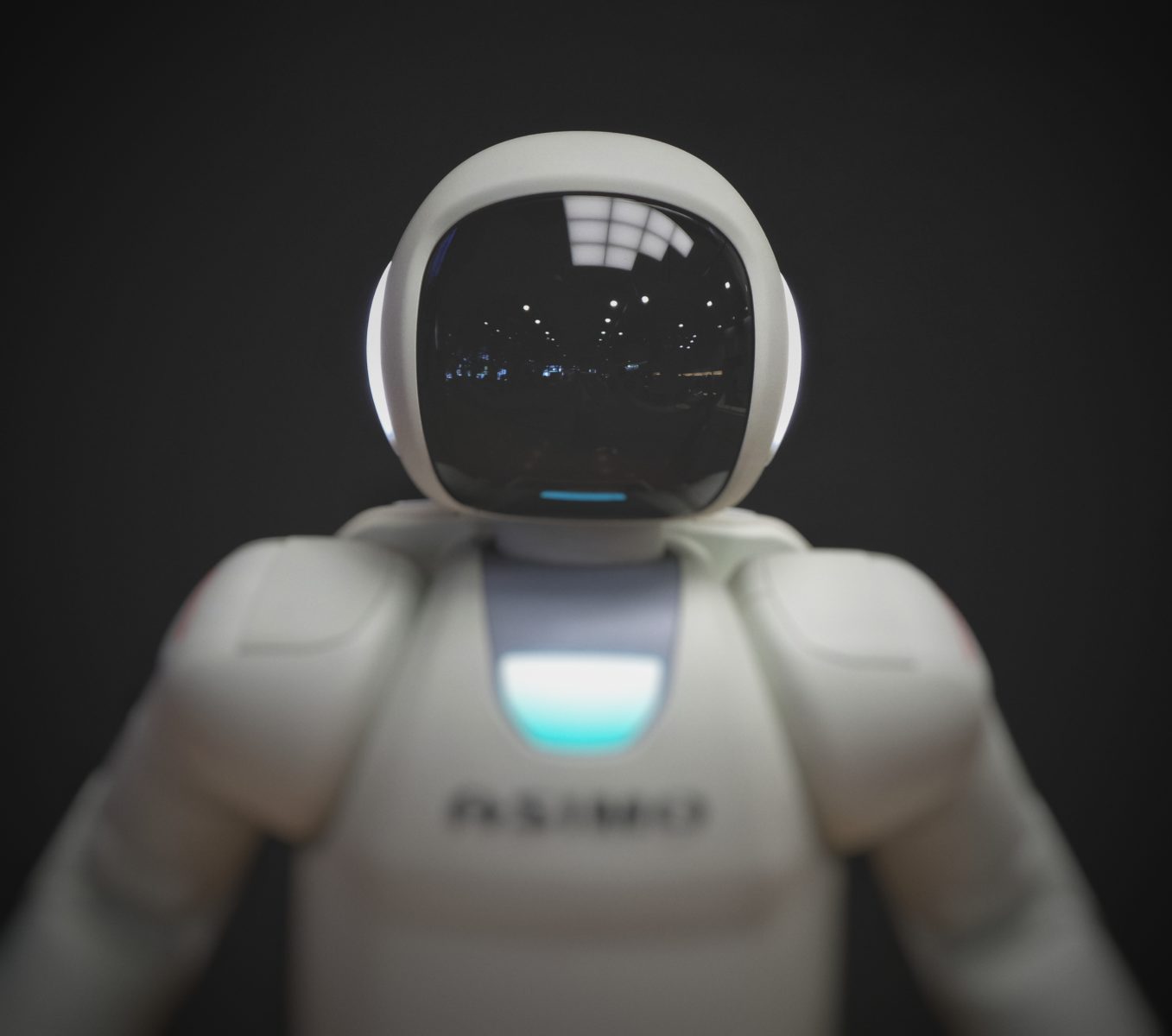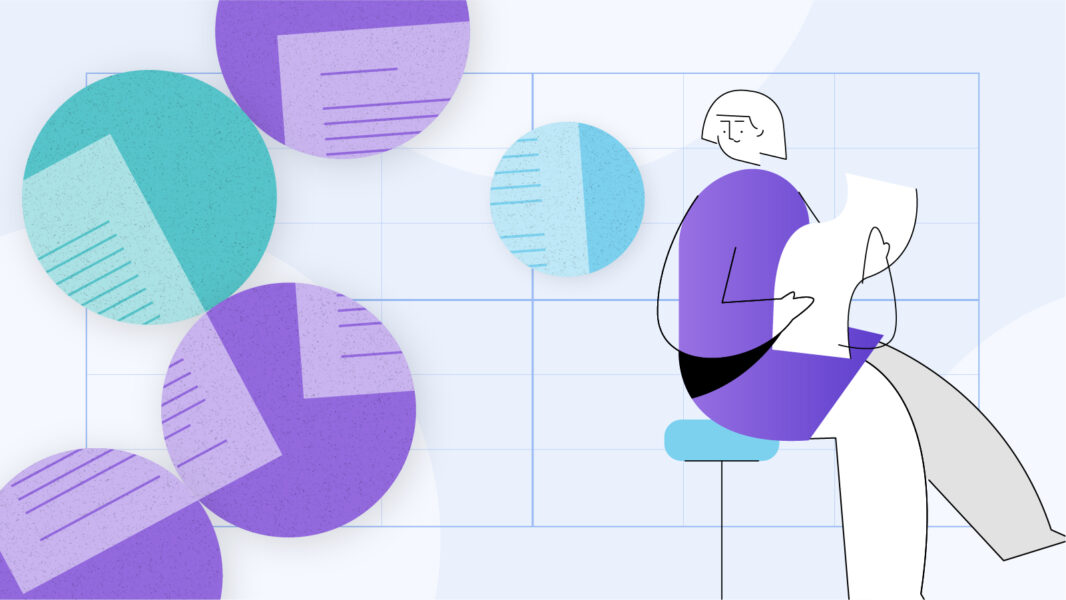To a lot of people, a world without lawyers sounds like utopia.
To others, (you know, mostly lawyers) it’s concerning. It seems like every day advances in AI and machine learning are bringing us closer to a time when highly-specialized fields like law and medicine could experience a wave of automation similar to what we’ve seen in manufacturing over the past several decades.
But how realistic is that future?
Change is inevitable
The legal profession is unquestionably in for a transformation in the near-to-medium term. According to one projection nearly 40% of jobs in the legal sector could be impacted by automation in as little as two decades, and these changes could start to be felt as early as the year 2020.
The accelerating pace of change is due primarily to rising investment in “legal tech” over the past ten years. For instance, in 2009 there were only 15 companies classified as “legal tech,” while today there are well over a thousand. With that level of interest in revolutionizing the industry it stands to reason that the revolution will indeed come, even if we can’t say precisely when.
So what will lawyers–and their robots–be doing after this revolution?
Big data
Many legal tasks involve sifting through a mountain of data in order to pull out specific pieces of information. Here we see the biggest potential for automation, since sorting through data is pretty much what robots do best.
Technologies that slash the amount of time it takes to review documents and find needles of relevance in haystacks of data stand to totally revamp legal tasks like “due diligence” and “discovery,” because that’s basically what these tasks boil down to. What once took perhaps dozens of workers–usually those in the lower echelons such as paralegals or new hires fresh out of law school–hundreds of hours to accomplish, software can now do in seconds.
And if you’re thinking, “Well, it’s fast, but what about quality?” hold the skepticism: when the performance of these platforms is compared to that of their human counterparts the bot stacks up quite well in terms of accuracy.
Humans are so predictable
Another promising field for automation is contract review (looking at a deal to see if anything is missing or wrong). Since so many deals have standard clauses, if a bot is exposed to enough examples of a standard contract type (say, a purchase order or software license) it can learn what a legit one of these contracts includes, which is essentially the same knowledge lawyers use to review agreements. The difference: a bot can do this work much faster than a human.
And although software for generating bespoke contracts from scratch doesn’t currently exist, it’s pretty easy to see the path from here to there, since a bot would use basically the same “skill set” to generate a contract as to review it.
What the future holds
Those who think the hype around automation is overblown point out that we still need attorneys to check a bot’s work and sign off on the finished product.
This is undoubtedly the case–but the same is true of pretty much all of the work done by paralegals, legal secretaries, and junior associates, which means that many jobs are in jeopardy even in this first wave of automation. So while the jobs of more established lawyers may be secure, there is no getting around the fact that the impact on the legal field as a whole will be significant.
Those who are bullish on the idea of automation emphasize the benefits to consumers. They say time-saving technology will drive down the cost of legal services, making them more affordable and widely accessible. An associated belief is that quality will improve as attorneys are freed up to do more brain work and less busy work.
Related: The case for AI in legal tech >
Will those consumer benefits materialize? Maybe so, maybe not; what’s clear is that the industry’s transformation is in full swing and will be proceeding either way.
The future isn’t coming: it’s already here. And for better or worse, it has lawyers in it.



